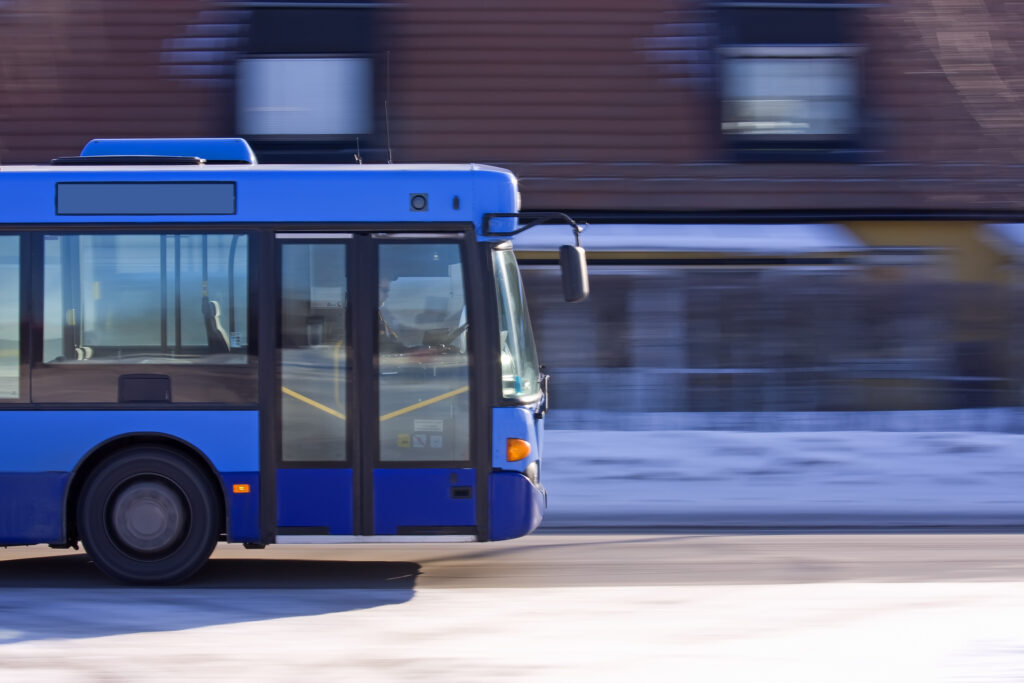Transportation is a necessary part of daily life, whether it’s for commuting to work, running errands, or traveling for leisure. However, the type of transportation you choose can have a significant impact on your personal finances. From buying a car to using public transportation, there are many options available, each with its own set of advantages and disadvantages. In this article, we’ll explore different methods of transportation and how they relate to personal finance.
Related Topics:

Owning a Car
Owning a car is the most common mode of transportation in the United States. It provides convenience and flexibility, allowing you to travel anywhere at any time. However, it also comes with significant expenses, including the purchase price, maintenance costs, fuel expenses, insurance, and registration fees. When considering purchasing a car, it’s essential to factor in these costs to determine if it’s a financially viable option.

Leasing a Car
Leasing a car is an option for those who want a new car without the long-term commitment of ownership. It typically requires lower upfront costs and monthly payments, but it also comes with restrictions, such as mileage limits and wear and tear fees. Leasing can be a good option for those who want a newer car and don’t want to deal with the hassle of selling it later on. However, it’s important to consider the overall cost over the lease term and compare it to the cost of ownership.

Public Transportation
Using public transportation, such as buses, trains, and subways, can be a cost-effective way to get around. It can save on fuel expenses, maintenance costs, and parking fees. Additionally, many employers offer transportation benefits, such as transit subsidies or tax-free transportation fringe benefits, to encourage the use of public transportation. However, using public transportation can also be less convenient and time-consuming than driving your own car.

Biking
Biking is a popular method of transportation for those who live in urban areas or have a short commute. It’s a cost-effective and environmentally-friendly option that provides exercise benefits. However, it’s not always a practical option for those who live far from work or have mobility issues. Additionally, owning and maintaining a bike can come with its own set of expenses.

Walking
Walking is the most affordable and healthy method of transportation. It requires no equipment or fees and can provide physical and mental health benefits. However, it’s not always a practical option for long distances or inclement weather.
When considering different methods of transportation, it’s essential to weigh the costs and benefits of each option. Factors such as location, lifestyle, and budget can all play a role in determining the best choice. Additionally, it’s important to consider the environmental impact of your transportation choices and how they can contribute to a sustainable future.

In conclusion, transportation is a necessary part of daily life, and the method you choose can have a significant impact on your personal finances. By considering the costs and benefits of each option, you can make an informed decision that aligns with your budget and lifestyle. Whether you choose to own a car, use public transportation, bike, or walk, there are many options available to meet your transportation needs.



